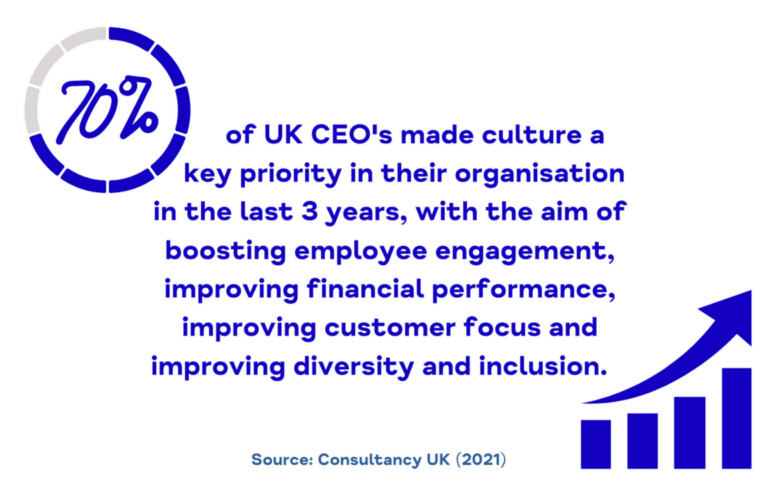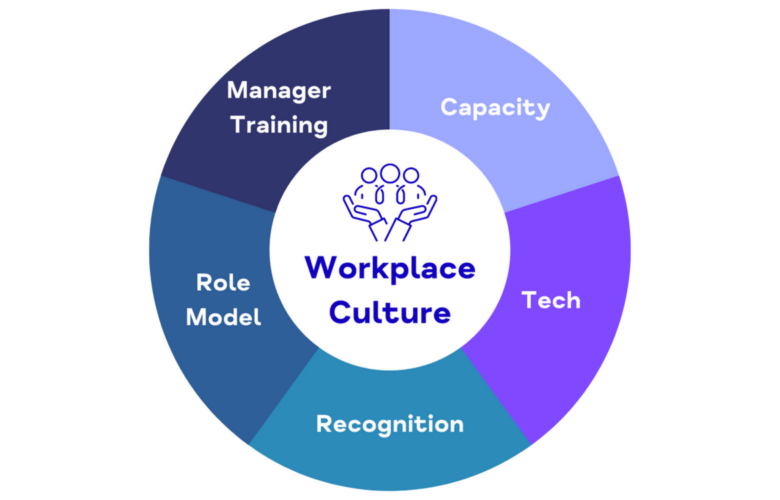Thought Leadership - How can a CEO influence wellbeing culture in the workplace Author - David Dunwell (Lancashire Mind)

David Dunwell, CEO at Lancashire Mind talks to us about Workplace Wellbeing, asking the question: How can a CEO influence a postive Wellbeing Culture in the Workplace?
David joined Lancashire Mind as our CEO in January 2023, having previously served as a volunteer on our Board of Trustees.
David’s professional leadership background is in the third sector, and he previously held the role of CEO at Fleetwood Town Community Trust and Deputy Chief Executive Officer at Blackburn Rovers Community Trust, where he delivered strategic business development through effective leadership.

A positive wellbeing culture in the workplace is a relatively new phenomenon to the masses; historically the phrase ‘a great place to work’ or ‘good benefits’ were monetary or tokonistic, a much easier way to quantify the subject.. With this new(ish) increase of focus on a positive wellbeing culture, the idea of mental health being at the centre of these thoughts, I’m pleased to say, is a growing priority – though of course, not across all sectors/industries. Human resources have always had a role to play in this area, but we are now seeing ‘People Directors’ or similar becoming staple roles in larger organisations with more accountability for staff wellbeing tied to them
But what makes a positive wellbeing culture and how can a CEO or other senior leaders influence?

To me, wellbeing culture in the workplace is much more than pizza lunches, a jazzy office space and nice trips out twice a year. On the contrary, though these do add value, if other things aren’t in place these start to lack value to employees pretty quickly and can be seen as quite superficial. As CEO of Lancashire Mind, I have reflected on my top five key areas to get right as a leader, these are by no means exhaustive but ones that I feel are important:
- Ensuring that the team are challenged, but not overworked, whilst still being empowered. Capacity and workload are huge factors in stress levels, which ultimately affect wellbeing.
- Rewarding and recognising the team with the right packages by industry standards, which stretches further than just the pay packet at the end of this month. Policy benefits, annual leave and pensions are just a few of the key ingredients to consider. Ask your colleagues what additions to policy they would like to see.
- Making use of technology to allow people to be flexible in how they work, whilst not losing sight of the importance of getting people together semi-regularly.
- Leading from the front, practising what you preach and consciously encouraging a supportive wellbeing culture whenever the opportunity arises. In turn, you empower the team to support each other and therefore it is not an entirely top/down approach.
- And perhaps most importantly, the old phrase, ‘people don’t leave organisations, they leave managers’ is something I wholeheartedly believe in and therefore ensuring your managers have the capacity to support their teams wellbeing is of highest priority. Managers, not only need to have training, capacity and empathy but should also be held accountable for their managing skills. It is imperative to have the right people and structure to drive a shared vision and keep things positive and solution focused during challenging times.

As you’d expect, at Lancashire Mind, we have a duty to ensure that our wellbeing culture is in line with our values as an organisation. We have a team of Wellbeing Champions, an Employee Assistance Programme, external supervisions for our front line staff and a host of other benefits including Wellness Action Plan offered to every employee. But we don’t have everything right, and it is a constant evolution to reflect and look to continuously improve in this area – not least, focusing on the five points I previously mentioned. As a leader, I still want to drive continuous development and in doing so we do have to balance how that impacts on our people. Of course, as a charity, growth in our offer enables us to help more people outside of the organisation. If we get it right, we will attract and retain incredible people, in addition to the ones we already have!.
Would you agree with the points I’ve mentioned? Tell us what you are doing?
Sources:
Consultancy UK (2021)
For more information about Lancashire Minds Workplace Wellbeing services visit:
Workplace Wellbeing and Training
If you have found this article useful and would like the opportunity to discuss more topics like this with like minded people, please consider joining our Lancashire Wellbeing Business Network:




